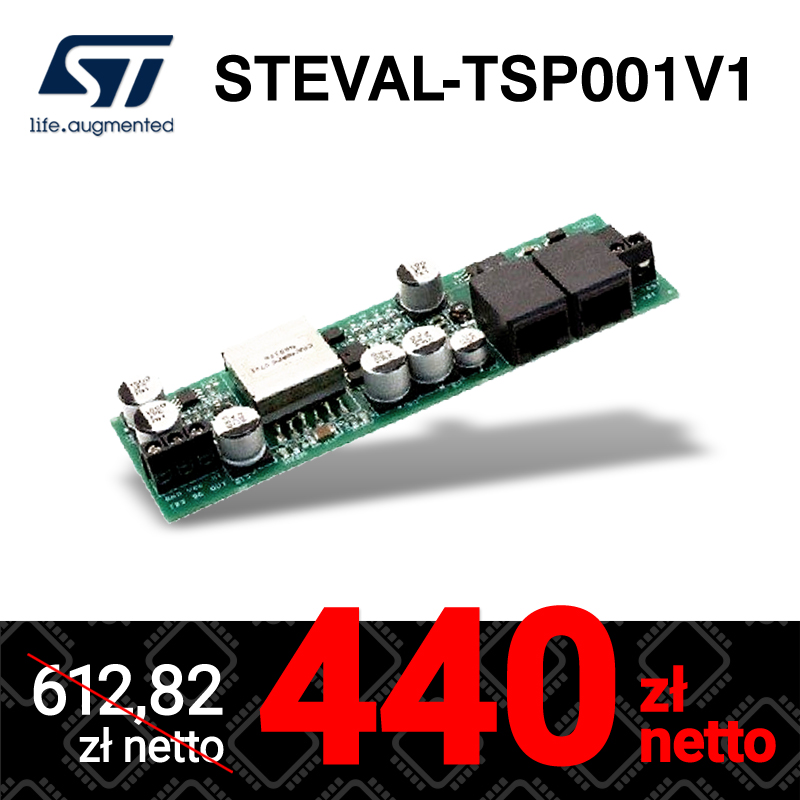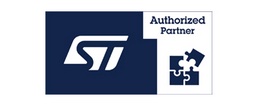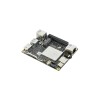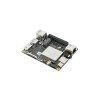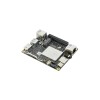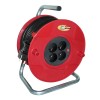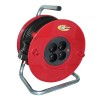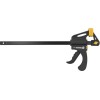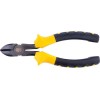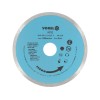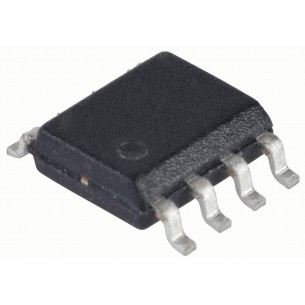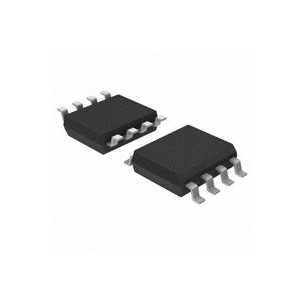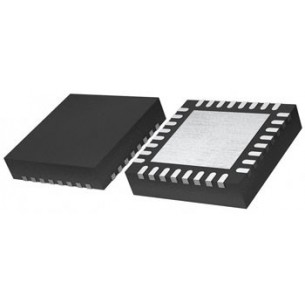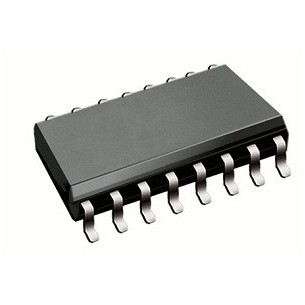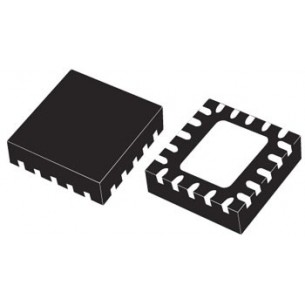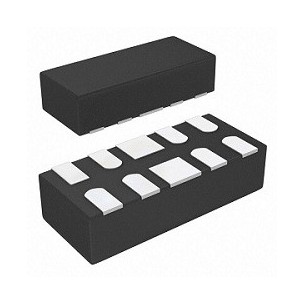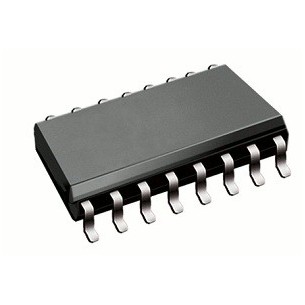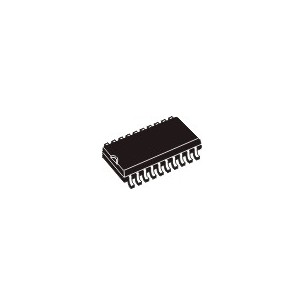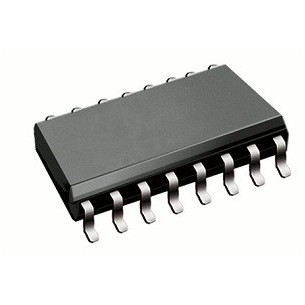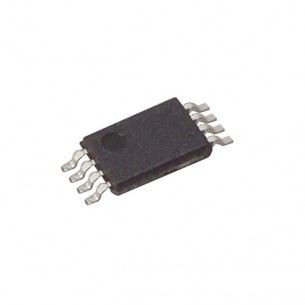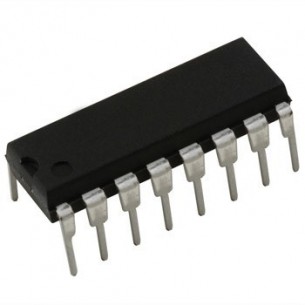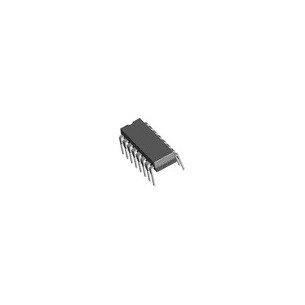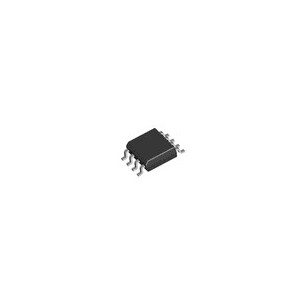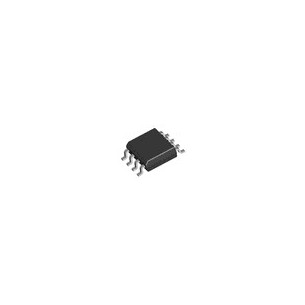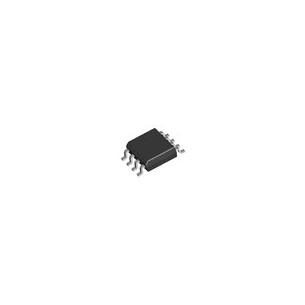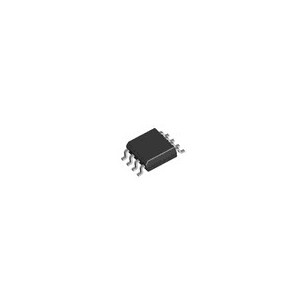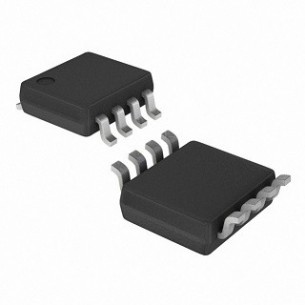Products
Categories
- Main categories
-
- 3D PRINTING
- ARDUINO
- AUTOMATION
- BOOKS
- CYBERSECURITY
- EDUCATION
- ELECTRONICS
- Cables
- Cameras and accessories
- Communication
- Conductive materials
- Connectors
- ARK connectors (Terminal Block)
- Banana connectors
- Coaxial connectors (RF)
- Connectors
- Crocodile clip
- D-Sub drawer connectors
- DC power connectors
- FFC/FPC ZIF connectors
- Goldpin connectors
- IDC connectors
- JACK connectors
- JST connectors
- Jumpers
- Memory cards slots
- Other connectors
- Pogo pin
- Quick couplers
- RJ45 connectors
- Slip ring connector
- Supports
- USB connectors
- USB PD Adapters for Laptops
- WF connectors
- Cooling
- Displays
- Electronic modules
- A/D and D/A converters
- Audio
- Barcode readers
- CAN converters
- Converters USB - UART / RS232
- Cryptographic module
- Data logger
- DDS/PLL generators
- Digital potentiometers
- Encoders
- Expanders of the I/O
- Fingerprint readers
- Galvanic isolation modules
- HMI modules
- Image and video
- JTAG accessories
- Keyboards, buttons
- LED drivers
- Memory card readers
- Memory modules
- Modules with power outputs
- Motor controllers
- Power modules
- Protection modules
- RS485 converters
- RTC modules
- Servo Controllers
- TSOP infrared receivers
- USB Converters - I2C / 1-Wire / SPI
- Voltage converters
- Gadgets
- GPS
- Intelligent clothes
- LED - diodes, displays, stripes
- Luminous wires and accessories
- Machine vission (MV)
- Memory cards and other data storages
- Passive elements
- PC accessories
- Printers
- Programatory czasowe
- Prototype boards
- Relays
- Semiconductors
- A/C converters (ADC)
- Analog systems
- Audio systems
- Bridge rectifiers
- Button
- D/A Converters (DAC)
- DDS synthesizers
- Digital circuits
- Diodes
- Drivers of motors
- DSP microprocessors
- Energy counters
- Energy harvesting
- ESD security
- IGBT drivers and bridges
- Interface systems
- LED drivers
- Logic converters
- Memory
- Microcontrollers
- Optotriacs and optocouplers
- Other
- PLL generators
- Power systems
- Programmable systems
- Resetting systems
- RF systems
- RTC systems
- Sensors
- SoC systems
- Timery
- Touch sensors
- Transistors
- Sensors
- Accelerometers
- Air humidity sensors
- Air quality sensors
- Current sensors
- Distance sensors
- Flow sensors
- Gas sensors
- Gyroscopes
- Hall sensors
- Humidity sensors
- Infrared sensors
- Laser scanner
- Light and color sensors
- Liquid level sensors
- Magnetic sensors (compasses)
- Medical sensors
- Motion sensors
- PH sensors
- Position sensors
- Pressure sensors
- Pressure sensors
- Reflection sensors
- Sensors 6DOF/9DOF/10DOF
- Sensors of liquid quality
- Temperature sensors
- Vibration sensors
- Sound transducers
- Switches and buttons
- Cables
- FPGA DEVELOPMENT KITS
- MEASURING DEVICES
- Anemometers
- Cable testers
- Distance measurement
- Electronic loads
- Generators
- Insulation resistance meters
- LCR meters
- Logic analyzers
- Measures and calipers
- Multimeters
- Network analyzers
- Oscilloscopes
- Other meters
- Panel meters
- Radiation detectors
- Sound meters
- Temperature measurement
- Testery USB
- Voltage indicator
- Wattmeters
- Weights
- MECHANICS
- MINICOMPUTERS (SBC)
- POWER
- RASPBERRY PI
- Accessories for Raspberry Pi
- Audio video cables for Raspberry Pi
- Case Raspberry Pi
- Cooling for Raspberry Pi
- Displays for Raspberry Pi
- Extension modules for Raspberry Pi
- Memory cards for Raspberry Pi
- Power for Raspberry Pi
- Raspberry Pi 3 model A+
- Raspberry Pi 3 model B
- Raspberry Pi 3 model B+
- Raspberry Pi 4 model B
- Raspberry Pi 400
- Raspberry Pi 5
- Raspberry Pi 500
- Raspberry Pi cameras
- Raspberry Pi Compute Module
- Raspberry Pi model A/ B+/2
- Raspberry Pi Pico
- Raspberry Pi prototyping
- Raspberry Pi Zero
- Raspberry Pi Zero 2 W
- RETIRED PRODUCTS
- SALE
- STARTER KITS, PROGRAMMERS, MODULES
- Atmel SAM
- Atmel Xplain
- AVR
- Coral
- DFRobot FireBeetle
- ESP32
- ESP8266
- Feather / Thing Plus
- Freedom (Kinetis)
- M5Stack
- Micro:bit
- Nordic nRF
- Other development kits
- Particle Photon
- Peripheral modules
- PIC
- Raspberry Pi RP2040
- RFID
- RISC-V
- Seeed Studio LinkIt
- Segger programmers
- SOFTWARE
- Sparkfun MicroMod
- STM32
- STM32 Discovery
- STM32 MP1
- STM32 Nucleo boards
- STM8
- Teensy
- Universal programmers
- WRTNode
- XIAO/Qt PY
- Atmel SAM
- WORKSHOP
- Adhesives for hot glue guns
- Chemistry
- Agents for securing electronics
- Cleaning and preserving agents
- Compressed air
- Conductive paints and varnishes
- Distilled water
- Etcher
- Freezing
- Gas for lighters and burners
- Isopropyl alcohol (IPA)
- Label removers
- Lubricants, oils
- Pastes and adhesives thermally conductive
- PCB cleaning products
- Thermopads - thermally conductive tapes
- CNC milling machines
- Crimping tools
- Dispensing needles
- Gluers
- Glues
- Heat-shrink tubing
- Insulation strippers
- Knives
- Laboratory power supplies
- Microscopes
- Mini drills and grindrers
- Organizers
- Personal protection (OHS)
- Power tools
- Sandpapers
- Scissors
- Soldering
- Antistatic mats and accessories (ESD)
- BGA balls
- BGA rework stations
- Brushes and ESD brushes
- Desoldering Wick
- Handles, magnifiers
- Heat guns
- Heaters and soldering irons
- Laminates
- Portable soldering irons
- Silicone Soldering Mats
- SMD Accessories
- Soldering accessories
- Soldering chemistry
- Soldering irons
- Soldering pastes
- Soldering pots
- Soldering stations
- Soldering tips
- Sponges and cleaners
- Stand for soldering irons
- Tin
- Tin extractors
- Ultrasonic cleaners
- Tapes (aluminum, kapton, copper, insulating)
- Tools
- Tweezers
- Vices
- Workshop lighting
- 3D PRINTING
New products
New products New products
Category: I2C
Advanced I2C Interface Circuits: The Future of Communication in Electronics
I2C (Inter-Integrated Circuit) interface circuits are advanced communication technology that plays a crucial role in modern electronics. Used in a variety of devices, from microcontrollers to advanced embedded systems, I2C enables efficient data exchange between components. Thanks to its simplicity and flexibility, this interface is gaining popularity in a wide range of applications, from consumer gadgets to professional industrial systems. In this description, we present the key aspects of I2C technology, its applications, advantages, and development prospects. These circuits are compatible with many protocols, making them extremely versatile and easily adaptable to various design requirements. Additionally, I2C features low power consumption, making it an ideal choice for battery-powered devices.
There are 17 products.
PCA9507D, 2-wire serial bus extender for HDMI DDC I2C-bus and SMBus, SO8
The bridge allows you to connect any 1-Wire slave to the I2C bus. The system has a SOIC8 housing. DS2482-100 +
No product available!
A two-wire, serial extender for I2C bus, SMBus and HDMI DDC, working at 2.7 V - 5.5 V. The system has a TSSOP8 housing. PCA9507DP
No product available!
Integrated Circuit - Interface - I / O Expanders 8bit I / O Expnder, DIP16, Texas Instruments, Rohs
No product available!
No product available!
No product available!
No product available!
No product available!
No product available!
No product available!
Versatility and Flexibility of I2C
I2C is an extremely versatile interface that allows communication between multiple devices using only two wires: data (SDA) and clock (SCL). This enables I2C interface circuits to be easily integrated into various electronic systems, significantly simplifying their design and implementation. The I2C protocol supports both master and slave modes, allowing devices to be configured according to the specific project requirements. Its ability to operate multiple devices on a single bus makes it an ideal solution for complex embedded systems.
Applications of I2C in Various Industries
I2C technology is applied in many key sectors, bringing significant benefits to various applications. In the automotive industry, I2C is used for communication between sensors and control units in engine management systems and advanced driver assistance systems (ADAS). In home automation, I2C is used to control smart devices such as thermostats, lighting, and security systems. In industry, I2C integrates various sensors and modules in environmental monitoring and energy management systems, increasing operational efficiency and providing precise process control. Due to its flexibility and reliability, I2C technology is indispensable in many contemporary technological solutions, supporting innovation and development in various industries.
Advantages of I2C Technology
One of the key advantages of I2C is its simplicity, which translates into ease of implementation and low production costs. This protocol is also very efficient, enabling fast data exchange with minimal power consumption, which is crucial for battery-powered devices. Additionally, I2C is highly scalable, allowing for the expansion of the system with additional modules and devices without the need for significant architectural changes. All these features make I2C an ideal solution for modern, technologically advanced projects.
The Future and Development of I2C Technology
I2C technology is continually evolving, adapting to the growing market demands and the ongoing miniaturization of electronic devices. New standards and extensions of the I2C protocol, such as Fast-mode Plus and Ultra Fast-mode, allow for even faster and more reliable communication. It is anticipated that in the coming years, I2C will play an increasingly significant role in the Internet of Things (IoT), where reliable communication between multiple devices is crucial. With continuous technological progress, I2C interface circuits will become increasingly advanced, opening up new possibilities in the design and implementation of modern electronic systems. I2C interface circuits are not only the current foundation of modern electronic systems but also the future of communication technology, with development and potential that are almost limitless.

